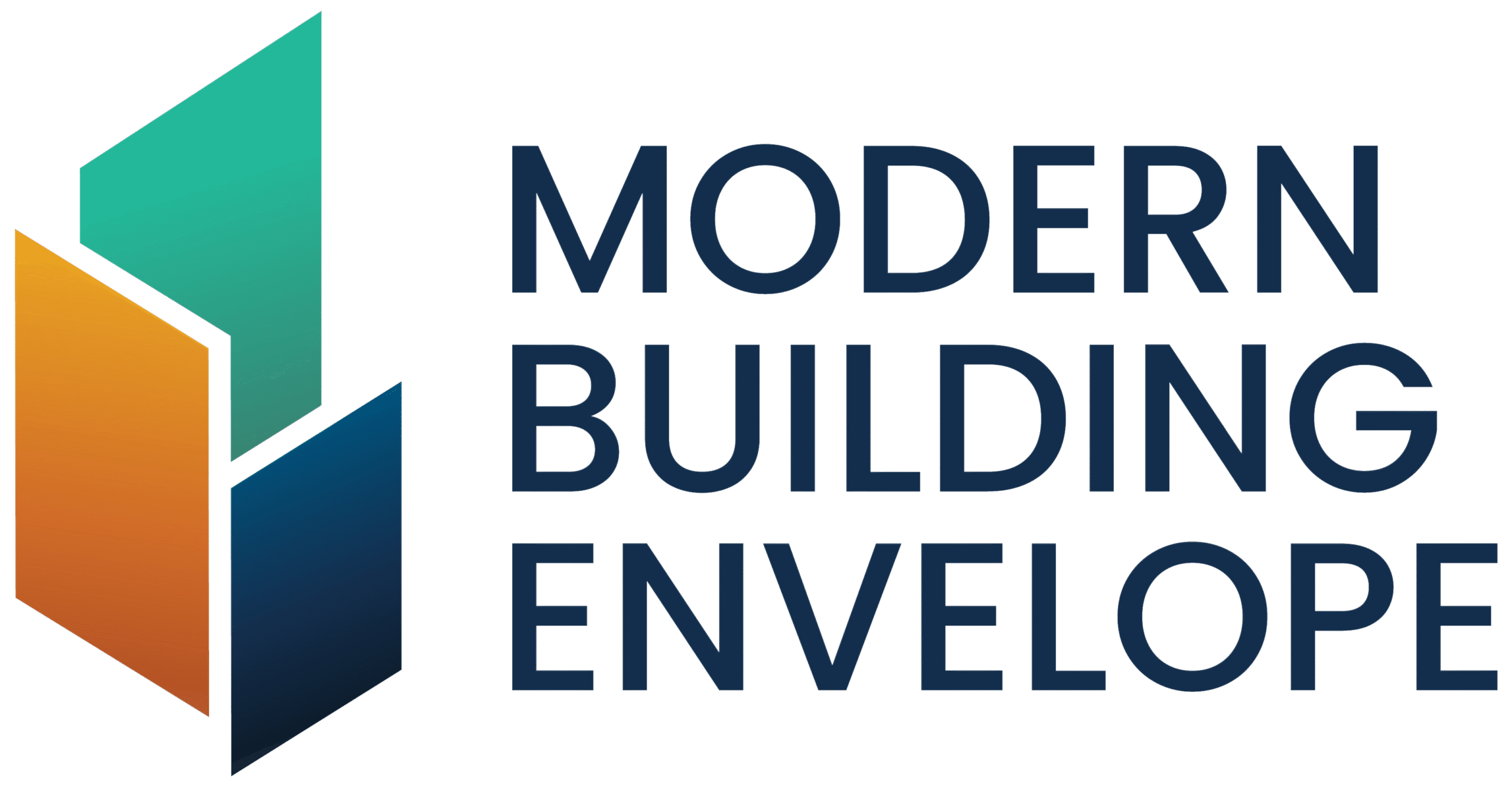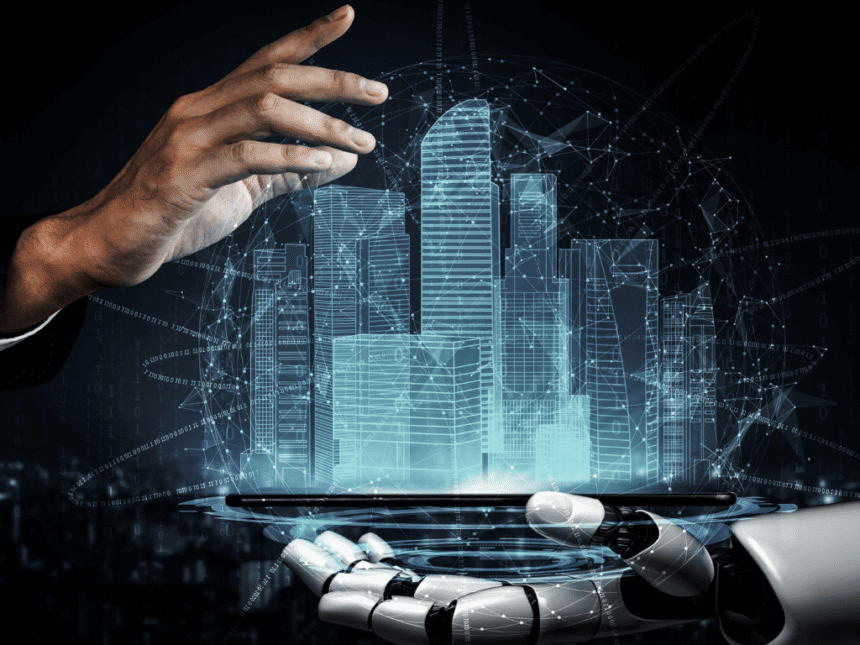Artificial intelligence is reshaping nearly every industry, and construction is no exception. From scheduling and budgeting to risk prediction and safety monitoring, AI-driven tools are transforming how project managers plan, execute, and deliver complex projects.
The integration of AI has moved beyond automation. It now plays an active role in decision-making, helping companies complete projects faster, safer, and with greater accuracy.
How AI Is Changing the Role of Project Managers
Traditional project management relies heavily on human judgment and manual data tracking. AI changes this by introducing predictive analytics, real-time data interpretation, and automated reporting.
Project managers can now focus on high-level strategy rather than repetitive tasks, allowing teams to achieve higher efficiency across the board.
Key Applications of AI in Construction Management
1. Predictive Scheduling
AI tools analyze project timelines, resource availability, and historical data to predict potential delays before they happen. Machine learning models can recommend adjustments to keep the schedule on track, reducing costly overruns.
2. Cost Estimation and Budgeting
Accurate cost forecasting is one of the biggest challenges in construction. AI algorithms can process thousands of past projects to generate precise estimates for labor, materials, and logistics. This helps companies plan budgets with more confidence and transparency.
3. Risk Detection and Safety Monitoring
AI-powered cameras and sensors monitor worksites in real time, identifying unsafe conditions or compliance issues instantly. These systems send alerts to project teams before accidents occur, helping improve workplace safety and reduce liability.
4. Resource Optimization
By analyzing weather data, equipment usage, and crew performance, AI helps optimize resource allocation. Project managers can track material flow, predict downtime, and schedule maintenance more efficiently.
5. Enhanced Communication and Collaboration
AI-based project management platforms integrate all stakeholders into a single dashboard. Automatic updates, task tracking, and natural language summaries reduce communication gaps and speed up decision-making.
The Role of Data and Machine Learning
AI’s power lies in its ability to process massive amounts of project data. Machine learning continuously improves predictions based on outcomes from previous projects.
This creates a feedback loop that enhances forecasting accuracy and performance over time, turning project management into a data-driven science rather than a reactive process.
AI in Sustainability and Smart Construction
Sustainability is another area where AI is making an impact. Algorithms analyze material performance, energy use, and carbon emissions to recommend greener construction methods.
For example, AI can simulate building performance before construction begins, ensuring that design and materials align with LEED or BREEAM standards from day one.
Challenges and the Human Element
Despite its potential, AI cannot replace human expertise. Construction projects still require the intuition, creativity, and leadership of experienced professionals.
The most effective systems are those that blend human insight with machine precision, creating an ecosystem where technology supports rather than replaces people.
The Future of AI in Construction Management
The next phase of AI will bring deeper integration between digital twins, robotics, and IoT systems. Projects will be managed through intelligent models that update in real time, reflecting progress and predicting next steps automatically.
As adoption grows, AI will become a standard tool for project managers helping the industry deliver smarter, safer, and more sustainable results.
Image Credits: Freepik











